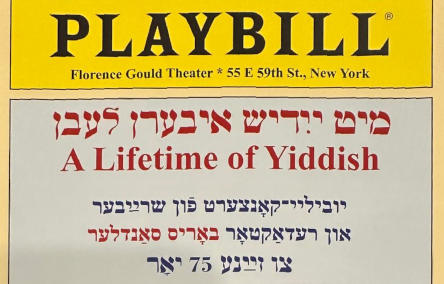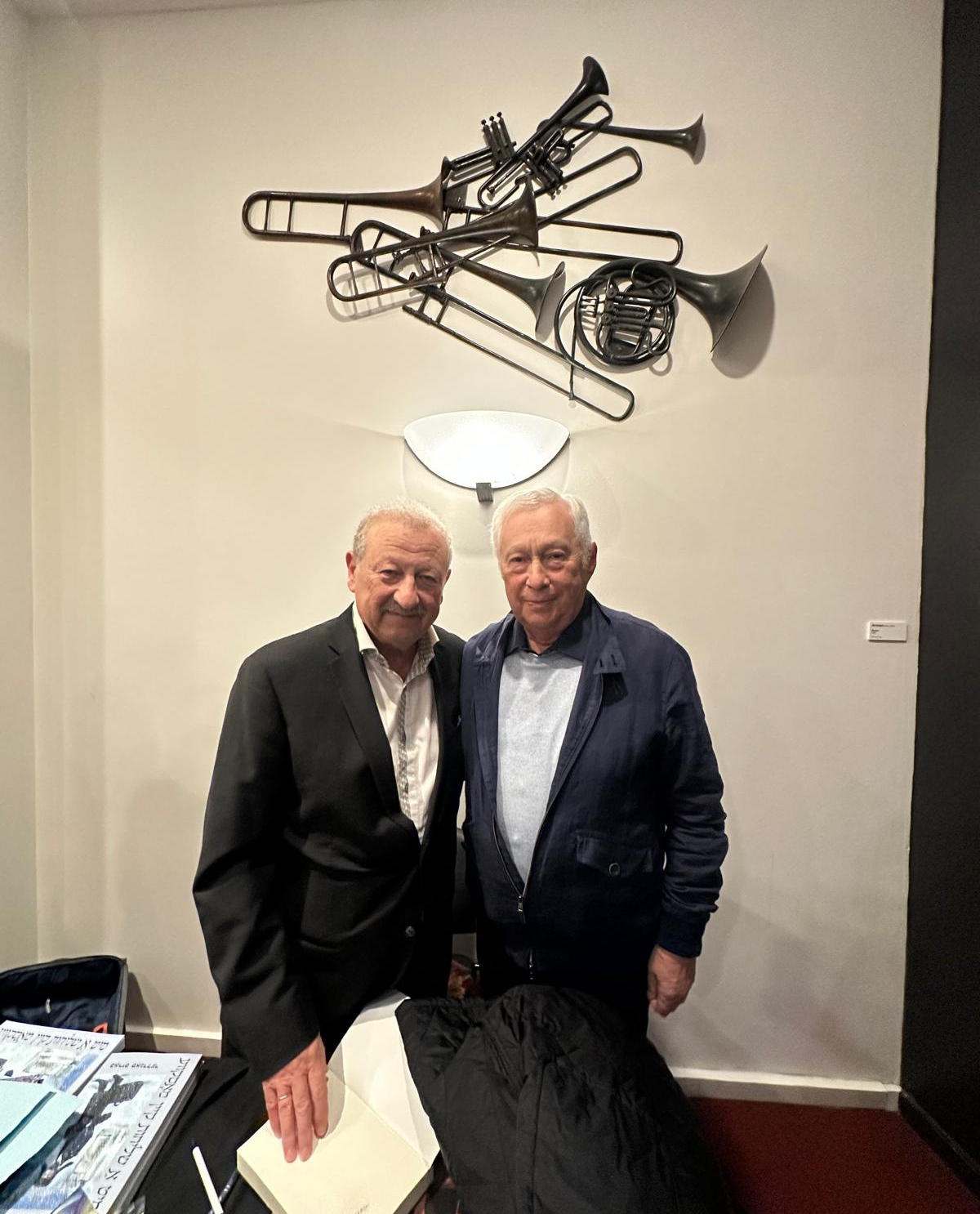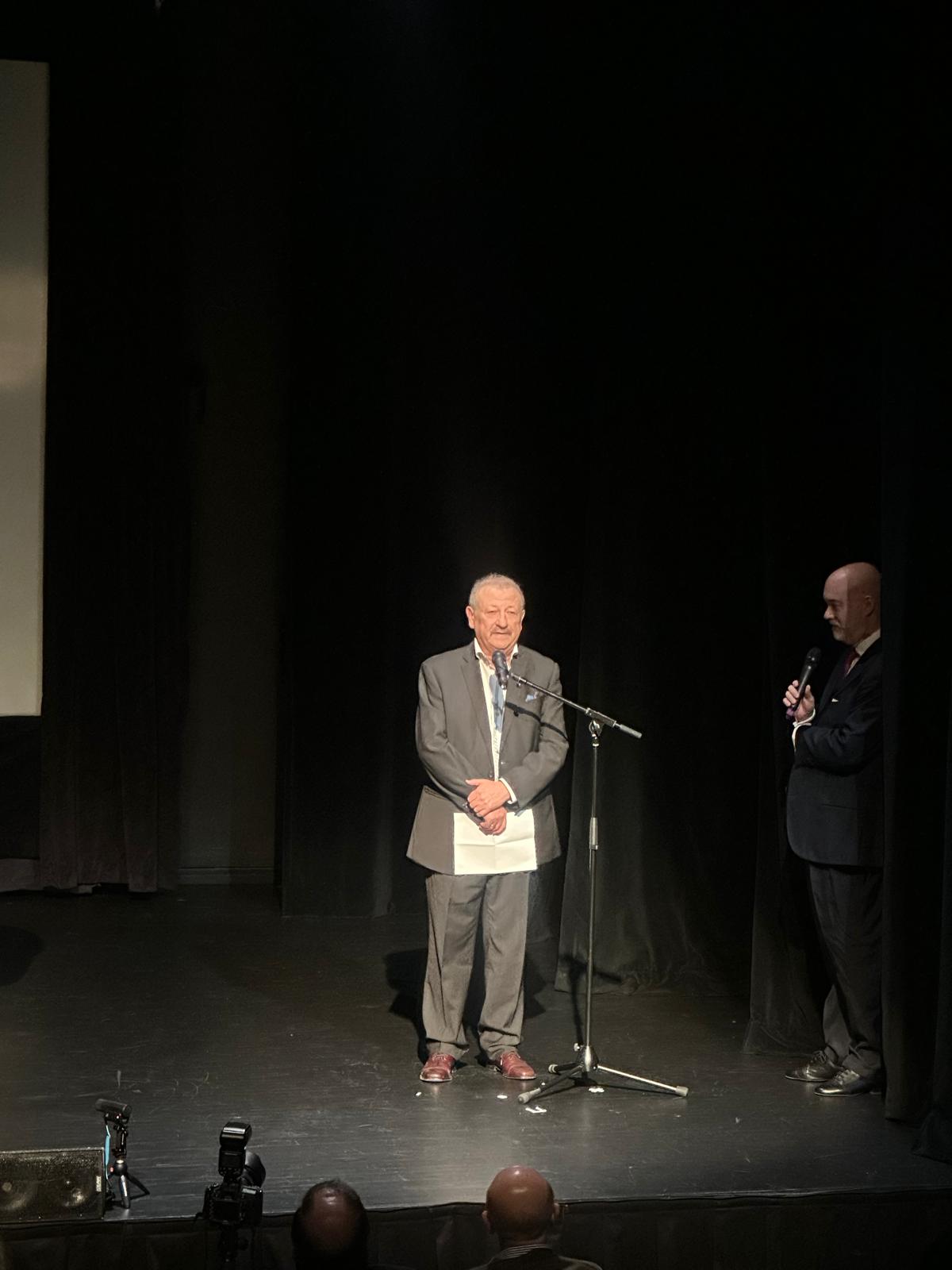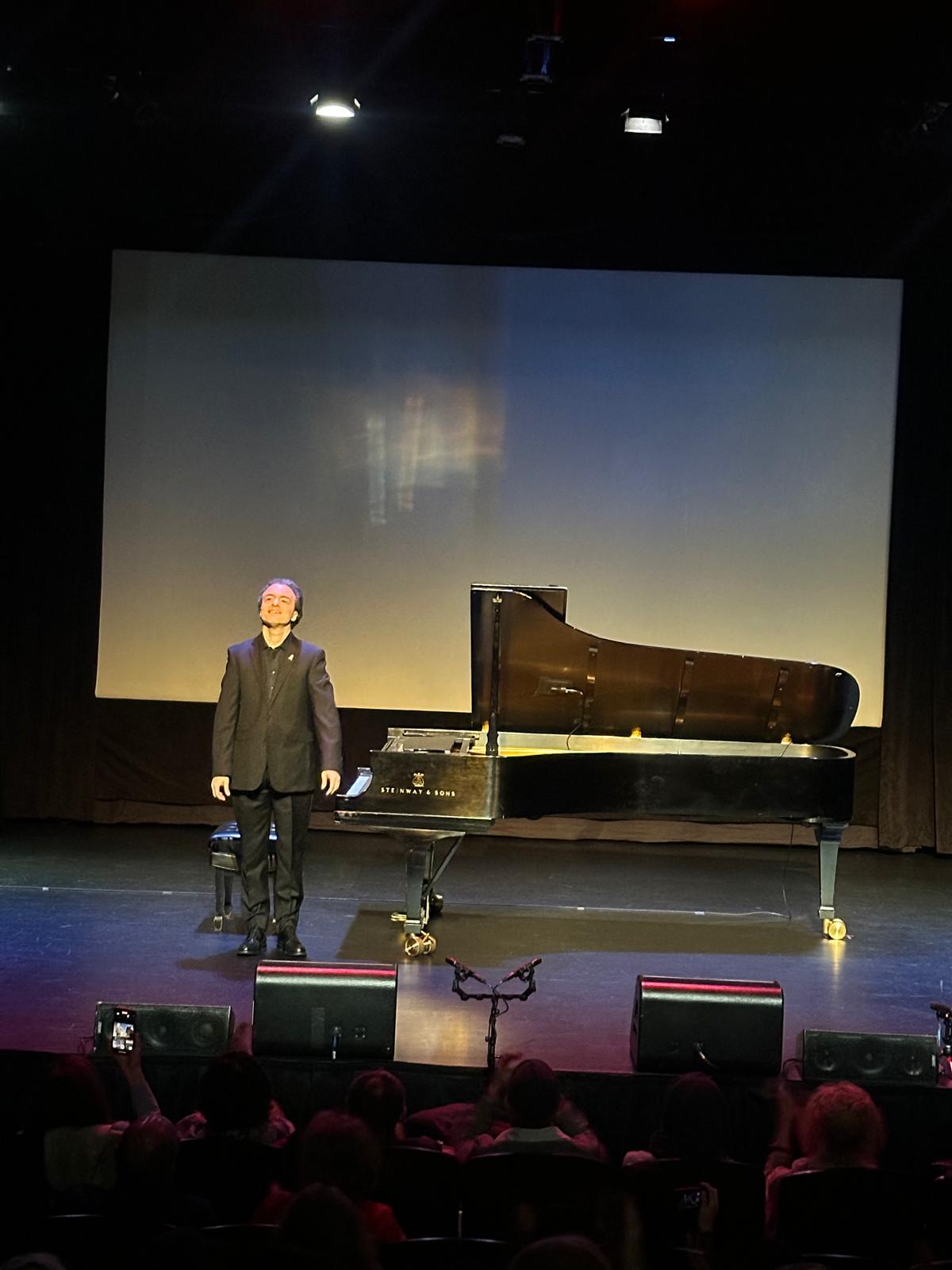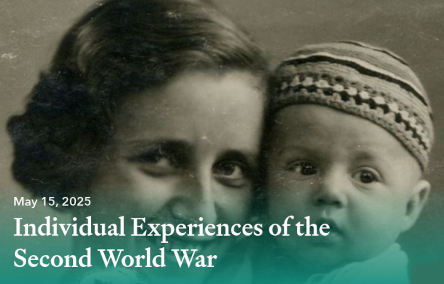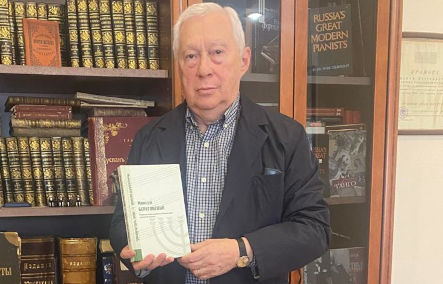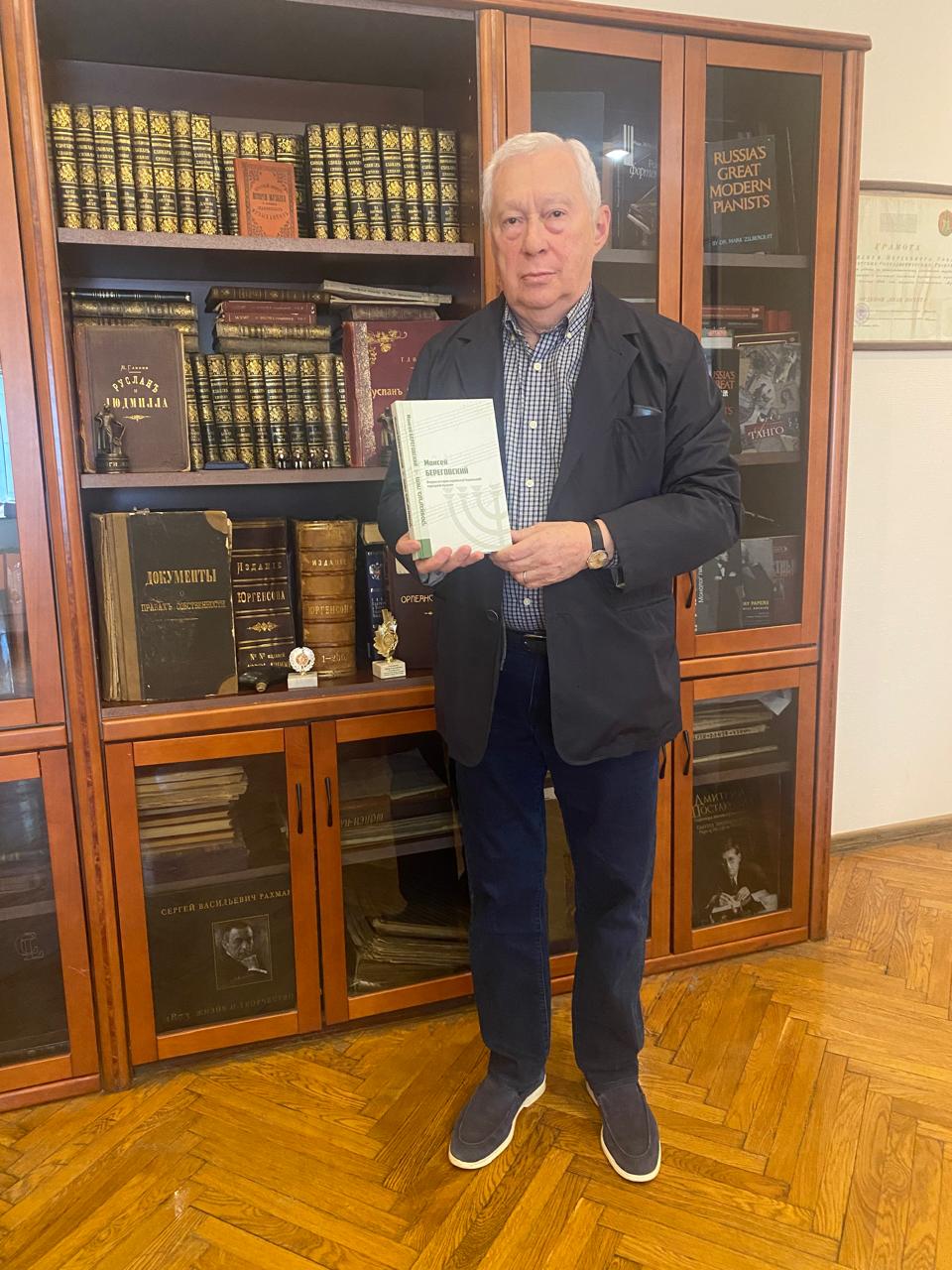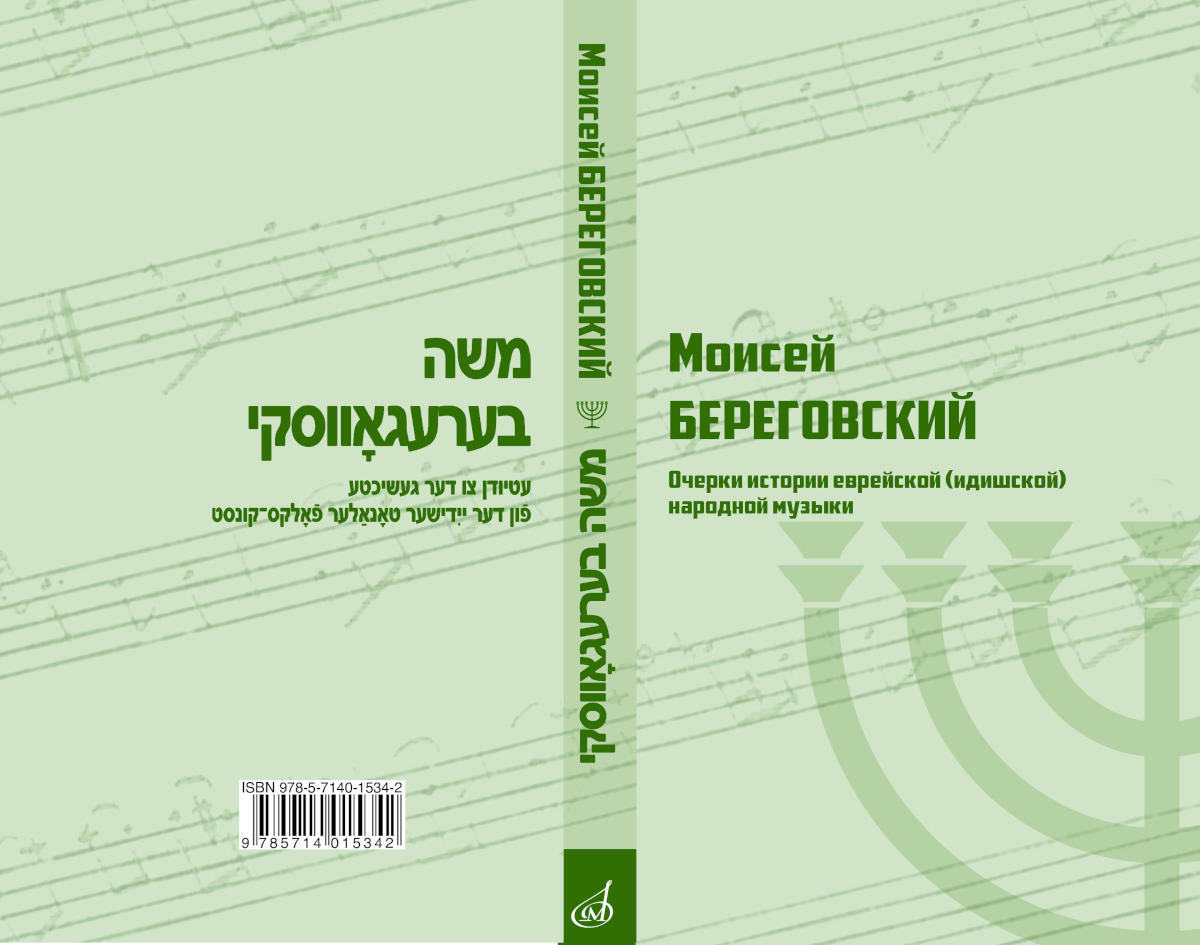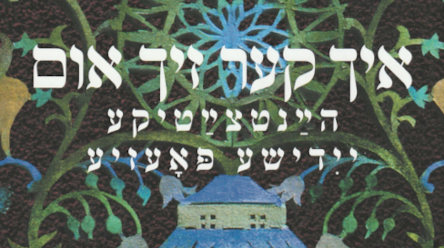
Contemporary Yiddish Poetry with Russian Translations
Contemporary Yiddish Poetry with Russian Translations
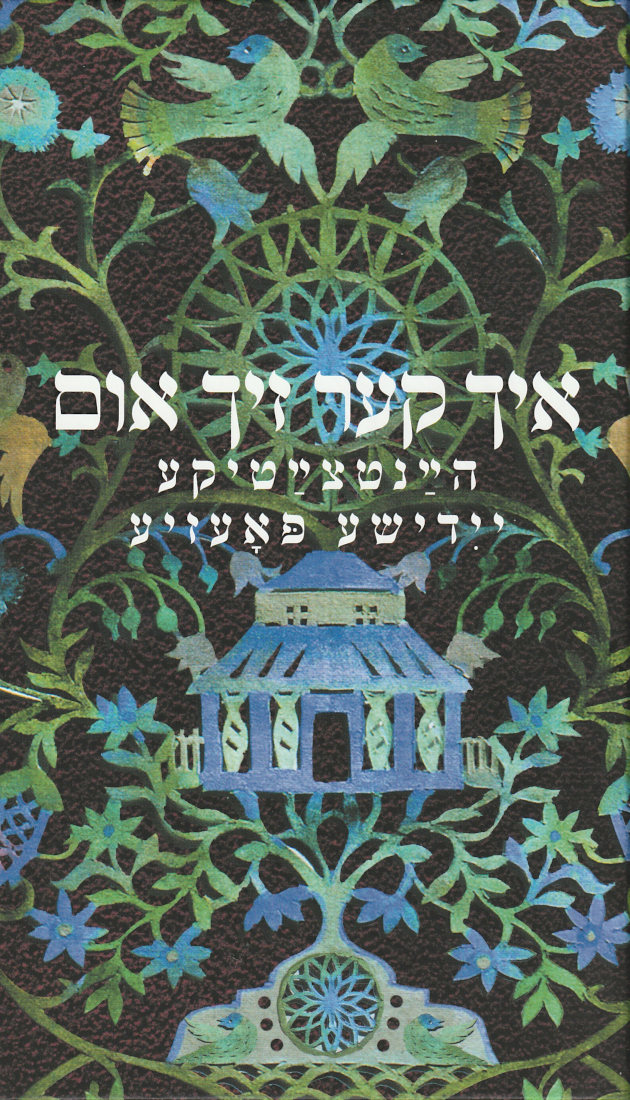 The Jewish publishing house Knizhniki in Moscow published a bilingual volume of original contemporary Yiddish poetry with Russian translations titled I Return (“איך קער זיך אום”.“Я возвращаюсь”). Realized under the auspices of the private publisher Boris Zaitschick, the book has been composed and edited by Yoel Matveyev, the editor-in-chief of our website.
The Jewish publishing house Knizhniki in Moscow published a bilingual volume of original contemporary Yiddish poetry with Russian translations titled I Return (“איך קער זיך אום”.“Я возвращаюсь”). Realized under the auspices of the private publisher Boris Zaitschick, the book has been composed and edited by Yoel Matveyev, the editor-in-chief of our website.
A short anthology of contemporary Yiddish poetry with Russian translations (42 poems by 17 authors) had already been included in the 2023 issue of the almanac Birobidzhan, but the new poetry book from Moscow is a major new milestone dedicated to the same subject.
As explained in the preface and in the co-editor’s Dr. Valery Dymshitz’s introduction, the book focuses on generational, gender and stylistic diversity of today’s Yiddish poetry. By any means it’s not meant to be an exhaustive anthology. It contains 120 poems by 12 poets who live in 7 countries: Lev Berinsky, Felix Chaimovich, Mikhoel Felsenbaum, Velvl Chernin, Gitl Schaechter-Viswanath, Yisroel Nekrasov, Beruriah Wiegand, Sholem Berger, Yoel Matveyev, Marek Tuszewicki, Katerina Kuznetsova and David Omar Cohen.
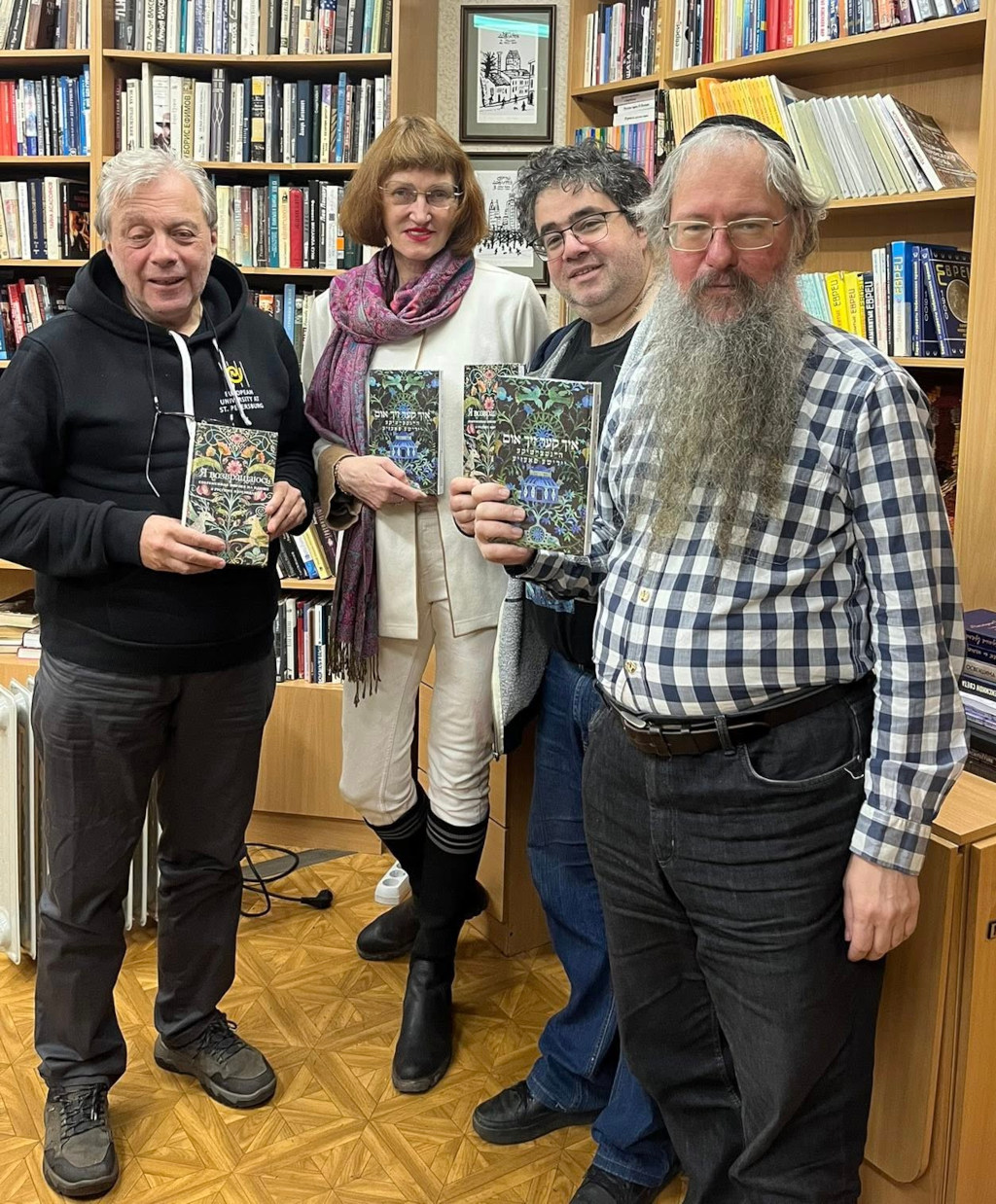
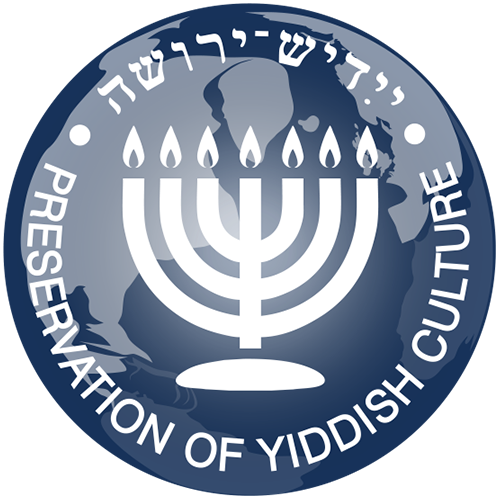
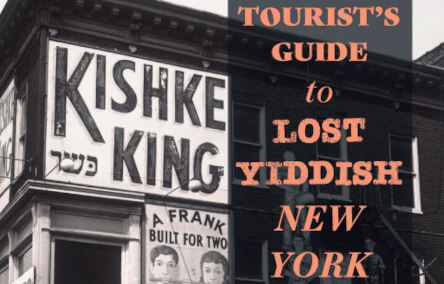
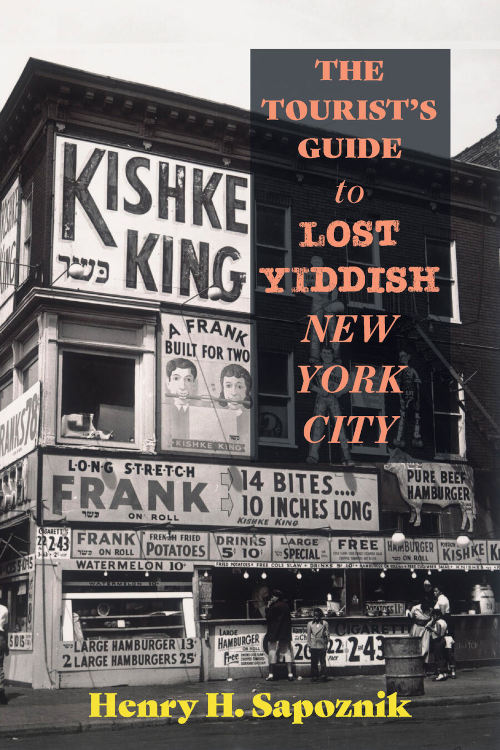 Henry Sapoznik, an award-winning producer of Yiddish recordings and radio programs, musicologist, performer and writer, published The Tourist’s Guide to Lost Yiddish New York City. Once upon a time, about a hundred years ago, about a million and a half of New York’s Jews spoke Yiddish at home and at work. Sapoznik covers virtually every aspect of their life and culture, from food to architecture, music and theater, illustrated by tickets, advertisements, posters, restaurant menus and various photographs.
Henry Sapoznik, an award-winning producer of Yiddish recordings and radio programs, musicologist, performer and writer, published The Tourist’s Guide to Lost Yiddish New York City. Once upon a time, about a hundred years ago, about a million and a half of New York’s Jews spoke Yiddish at home and at work. Sapoznik covers virtually every aspect of their life and culture, from food to architecture, music and theater, illustrated by tickets, advertisements, posters, restaurant menus and various photographs.
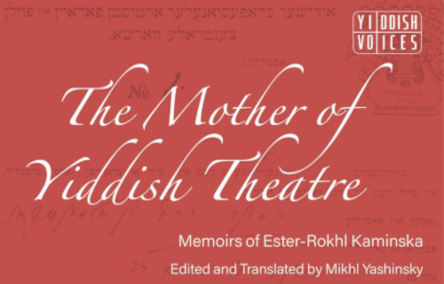
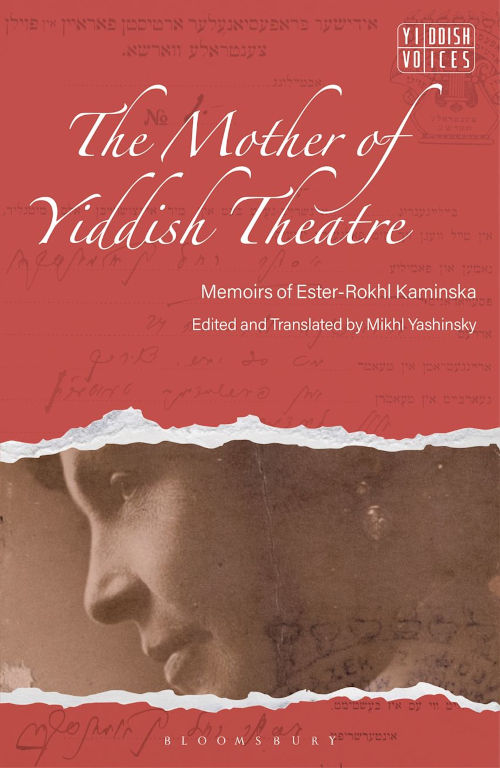 The memoirs of the pioneering Yiddish actress Ester-Rokhl Kaminska (1870–1925), have been for the first time published in English, translated by the actor and theater researcher Mikhl Yashinsky.
The memoirs of the pioneering Yiddish actress Ester-Rokhl Kaminska (1870–1925), have been for the first time published in English, translated by the actor and theater researcher Mikhl Yashinsky.
